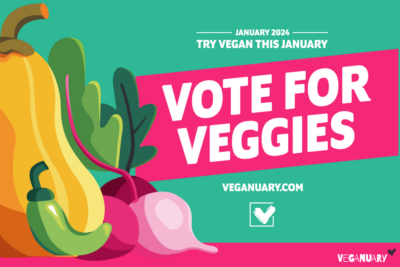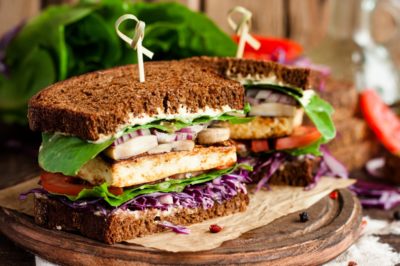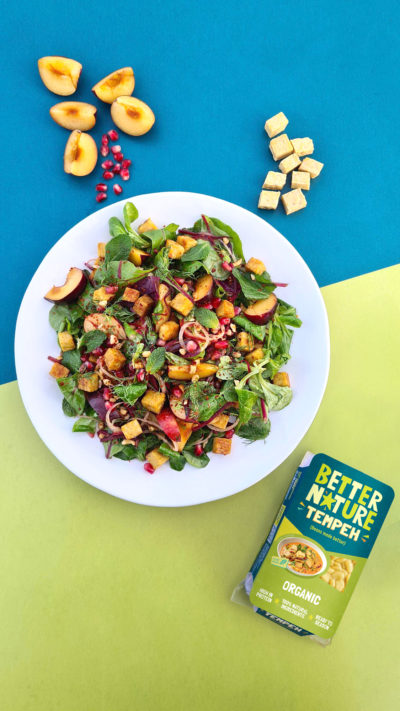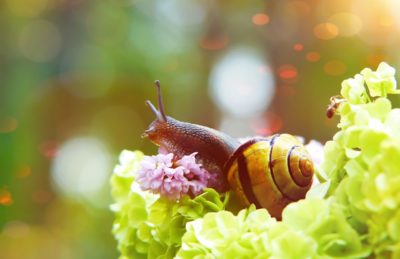All around the world, it’s the holiday season, but is it time we ditch meat from our traditions?
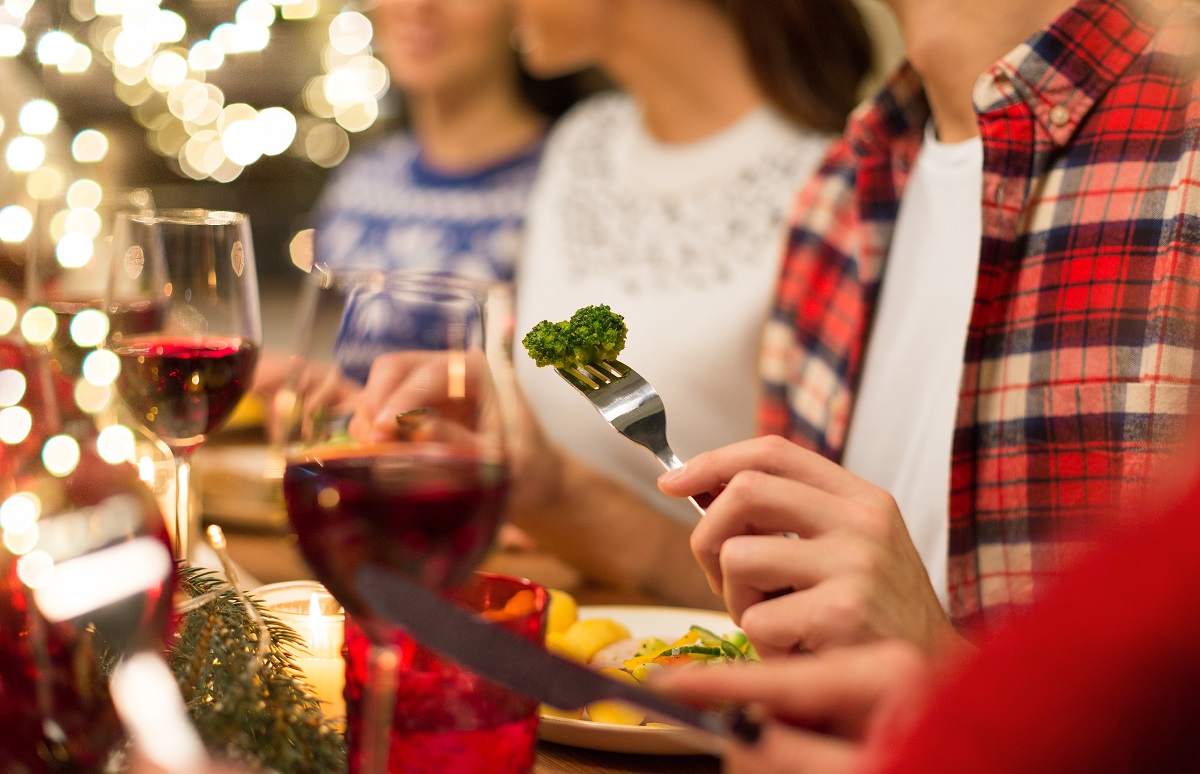
November and December are busy times in the celebratory calendar. And while many festivals have love and compassion at their heart, these important principles can be overlooked when it comes to the foods we eat.
Now, with vegans all around the world, and of every faith and none, we can see that choosing a fully plant-based diet is absolutely in keeping with our other cultural and religious traditions. It allows us to really live the principles of justice, kindness, and peace while celebrating important dates and festivals in a traditional way.
Diwali
From November 10th, Hindus, Jains, and Sikhs will celebrate the five-day Festival of Lights. It’s a time to celebrate light over darkness, knowledge over ignorance, and good over evil.
Homes, shops, and other buildings are decorated with lamps while fireworks light up the night sky. Families and friends get together to share sumptuous feasts, and sweet treats play an important part in the festivities. Incorporating veganism into Diwali is the perfect way to update this tradition.
Ladoo, burfi, kaju pista rolls, gulab jamun, ras malai, and much more can be made vegan quite easily. Find plenty of tips in our guide to veganizing popular Indian dishes.
Loy Krathong
On November 27th comes the Thai festival of lights and lanterns, a time to thank the Water Goddess for her supply while apologizing for polluting her waters. Given animal agriculture’s significant contribution to polluted waters, this is a great time to celebrate with plant-based foods.
And, while many traditional celebratory dishes are already vegan, others can easily be adapted. The many amazing vegan meats can be used in dishes such as Krathong Tong, Nua Yang, and Gaeng Khua Gai. This means the flavors, textures, and traditions all remain.
Check out these tasty dishes to get a sense of the traditional Thai foods available when vegan.
The Birthday of Guru Nanak
This important Sikh celebration on November 27th commemorates the birthday of the religion’s founder. The day starts with a procession accompanied by music. Lights are lit, people gather to pray, and food plays an important part.
Devotees will share a free meal that is completely vegetarian and prepared by community volunteers. The lunch or Langar often comprises roti, pulao, dal, vegetable dishes, and sweets. Most dishes are vegan, and the sweets can be made so simply by substituting ghee for vegan butter.
Try these amazing recipes for the occasion.
Thanksgiving
This United States national holiday on November 23rd commemorates the settlers’ / colonists’ first harvest in 1621. Today, friends and family gather together to watch parades and football games and eat. Traditionally, a turkey is served alongside stuffing, mashed potatoes, cornbread, green bean casserole, sweet potato casserole, macaroni and cheese, corn, dinner rolls, cranberry sauce, and pumpkin or apple pie.
For those who love this cornucopia of dishes, considering a vegan version could be daunting, but every dish – bar the turkey – can easily be adapted to be fully plant-based and, therefore, suitable for all guests. As for the turkey, vegan turkey meat is available to buy quite readily, so there is no need to miss out on a single thing.
Check out this vegan Thanksgiving guide for our tips.
Hanukkah
In late November and early December comes the Jewish Festival of Light. It commemorates the Maccabean Revolt against the Syrian-Greek army and the rededication of the Second Temple in Jerusalem in the second century B.C.
Today, the holiday is celebrated with the lighting of the menorah, games, gifts, and of course, traditional foods. As the oil in the temple lamp is key to the celebrations, foods that are cooked in oil are often eaten at this celebration. This includes latkes, fritters made with potatoes or a variety of other vegetables, and sufganiyot, or doughnuts. Also popular is beef brisket, and all of this can be made vegan, even the brisket, thanks to the miracle of seitan.
Try these vegan Hanukkah tips.
Winter Solstice
This mid-winter festival celebrates the shortest day of the year: Usually December 21st. It is connected to paganism, but spiritual people, and those who have a connection to the earth and its seasons, may also celebrate this important day in the calendar. Solstice is a highly personal celebration. Some people will go outside to see the sunrise, others may light candles or lanterns or make a wreath using winter greenery.
As a very personal day, the foods eaten vary widely, but as it is a time to celebrate the earth turning and the coming of spring, it seems fitting to honor it with the most earth-friendly foods. Warming foods traditionally eaten include soups, roasted root vegetables, and rich fruitcakes. Mulled cider is a popular drink.
Christmas
On December 25th comes the Christian festival that celebrates the birth of Jesus Christ, although today, it is also celebrated by many non-Christians as a mid-winter festival. Gifts are exchanged, a tree is brought into the house and decorated, there are candles, games, and a big feast.
Commonly eaten is roast turkey or ham and pigs-in-blankets, which are sausages wrapped in bacon. Alongside these meats are mashed potatoes, roasted vegetables, stuffing, gravy, and cranberry sauce, followed by apple, pumpkin, or pecan pie.
Much of this is already vegan or can easily be made so. Pigs-in-blankets can be made using vegan sausages and bacon, so it is simply a question of the centerpiece. Fortunately, there are excellent vegan turkey and ham meats readily available to buy!
Hogmanay
Right at the end of the year comes the Scottish celebration of Hogmanay. All around the world, people see in the new year, and each has their own way of doing it. In Scotland, where its origins go back to the celebration of the winter solstice brought over by the Vikings, it is one big party.
There are torchlit processions, fireworks, and street parties. It’s a way of bringing together friends and strangers to start the new year afresh. The first visitor of the year to your home brings whiskey and shortbread – a tradition known as “first footing.”
Whiskey is vegan, and shortbread can be made so. Other traditional foods tend to be meat-heavy, but everything can be made vegan, even stovies (a stew using leftovers), black bun (a pastry-encased fruitcake), and the infamous haggis, neeps, and tatties.
Haggis is traditionally made using offal, but one of the biggest haggis-producing companies also makes a very tasty vegan version, so it is very easy to eat vegan while staying true to tradition.
We wish you much happiness and joy for whatever dates you will be celebrating this year. And we would love to see your vegan celebration meals, so don’t forget to tag us!

